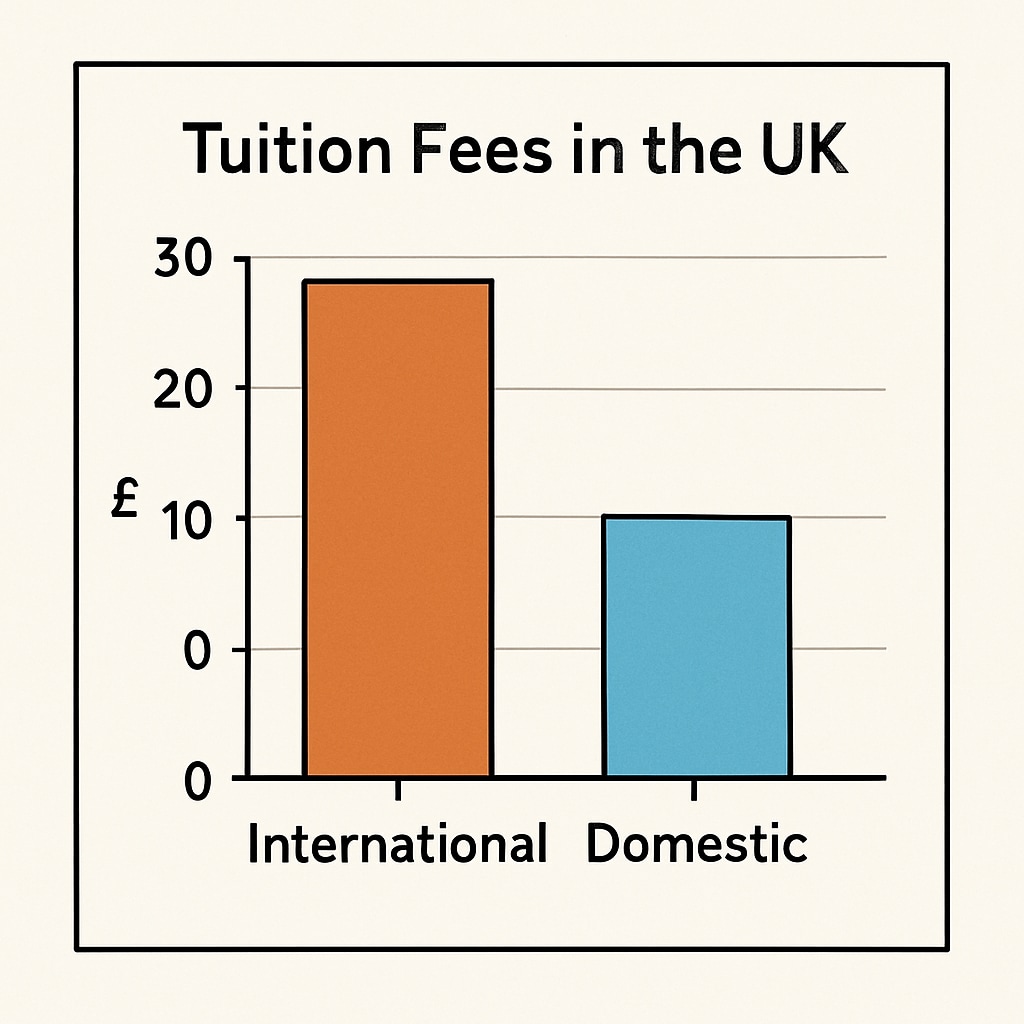Immigrant students in the UK, even those with legal residency, frequently encounter a significant barrier in accessing higher education: tuition discrimination. At esteemed institutions like Oxford University, these students are often classified as international students, forcing them to pay substantially higher fees compared to domestic students. This disparity raises questions about systemic inequities within the education system, creating challenges for immigrant families who seek equal opportunities for academic achievement.

Understanding the Roots of Tuition Discrimination
Tuition discrimination arises from rigid residency classifications imposed by UK universities. While domestic students benefit from subsidized tuition rates, immigrant students—regardless of their long-term residency or legal status—are often designated as international students. This classification leads to tuition fees that are sometimes triple those of domestic rates, creating an insurmountable financial burden for many families.
For example, a UK resident with an immigrant background may have lived in the country for over a decade, paying taxes and contributing to the community. Yet, when applying to universities like Oxford, they are met with international student fees, which can exceed £25,000 annually. Such policies overlook the nuanced realities of immigrant families and fail to account for their contributions to society.
Impact on Immigrant Students and Families
The financial strain caused by tuition discrimination has far-reaching effects. Immigrant families often sacrifice significant resources to support their children’s education, potentially compromising other aspects of their livelihoods. In addition, the psychological stress of being treated unequally within the education system can deter talented students from pursuing higher education altogether.
Moreover, these barriers perpetuate cycles of inequality. Immigrant students denied access to affordable education may face limited career opportunities, reinforcing systemic inequities and reducing their ability to contribute fully to the UK’s economy and society.

Addressing Systemic Inequalities Through Policy Reform
Policy reform is critical to addressing the tuition disparity faced by immigrant students. A fairer residency-based tuition system could ensure that students with legal residency, regardless of their nationality, receive equal treatment. By aligning tuition fees with residency duration and tax contributions, universities can create a more inclusive environment.
Additionally, collaboration between government bodies and educational institutions is essential. The UK government could implement standardized guidelines for fee classifications, ensuring consistency and fairness across all universities. Universities like Oxford, as leaders in higher education, have the opportunity to set an example by adopting progressive policies that prioritize educational equity.
Personal Strategies for Immigrant Students
While systemic change is necessary, immigrant students can also adopt strategies to navigate existing challenges. For example:
- Scholarship Opportunities: Many universities and private organizations offer scholarships for international students. Immigrant students should actively research and apply for these financial aids to reduce their tuition burden.
- Negotiating Residency Status: Students with long-term residency in the UK can petition universities to reconsider their fee classification, providing evidence of their contributions and community ties.
- Community Support Networks: Immigrant families can seek advice and assistance from local community organizations that specialize in education access and advocacy.
By employing these strategies, students can mitigate some of the financial challenges while advocating for broader systemic reform.
Conclusion: A Call for Equity in Education
The issue of tuition discrimination against immigrant students in the UK highlights the urgent need for policy reform and institutional accountability. Institutions like Oxford University must recognize the value of diversity and equity, ensuring that all students have equal access to education, regardless of their immigration status.
For immigrant families, navigating these challenges requires persistence and resourcefulness. However, with collective efforts from policymakers, educational institutions, and communities, it is possible to build a fairer system that prioritizes education equality for all.
Readability guidance: Short paragraphs, clear lists, and transitions help maintain accessibility. The article avoids overuse of passive voice and balances sentence complexity for readability.


